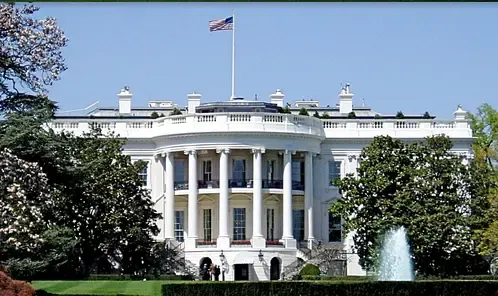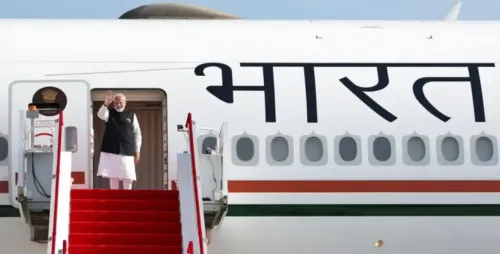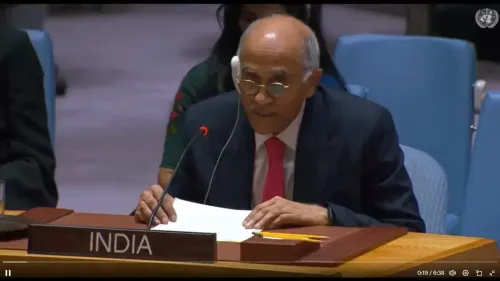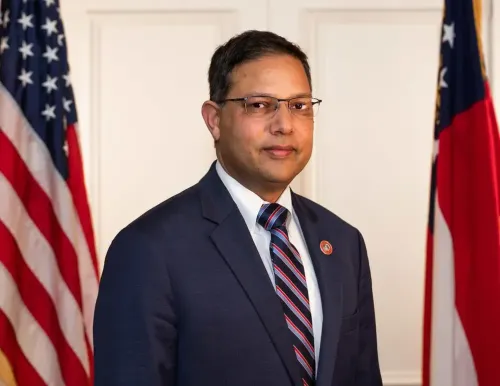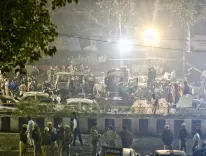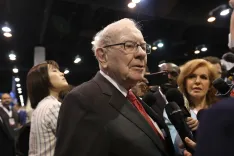What Did Lebanese and Palestinian Presidents Discuss About Ties and Security Coordination?
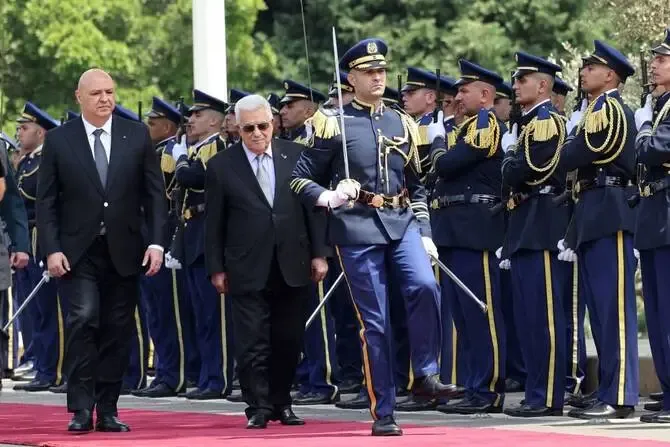
Synopsis
Key Takeaways
- Strengthened relations between Lebanon and Palestine are crucial for regional stability.
- A joint committee will monitor Palestinian camps in Lebanon.
- Commitment to exclusive state control over arms in Lebanon is reaffirmed.
- Both leaders condemned Israeli aggression and called for international action.
- Support for UNRWA is vital for Palestinian refugees.
Beirut, May 22 (NationPress) - Lebanese President Joseph Aoun held discussions with Palestinian President Mahmoud Abbas, focusing on their nations' bilateral relations, regional dynamics, and global issues of shared interest.
A statement released after their meeting emphasized the strong and brotherly ties between Lebanon and Palestine, with both leaders affirming their commitment to enhancing collaboration across multiple fronts.
In light of the ongoing Israeli military operations in the Gaza Strip, they jointly condemned the ongoing Israeli aggression, which they characterized as leading to an unprecedented humanitarian crisis. They called on the international community to act swiftly to end the violence and ensure the safety of civilians, according to a report by Xinhua news agency.
Additionally, both leaders condemned the repeated Israeli infringements on Lebanese sovereignty and urged international players, particularly the United States and France, to exert pressure on Israel to adhere to a ceasefire agreement brokered in November 2024.
The meeting resulted in the establishment of a joint Lebanese-Palestinian committee aimed at monitoring the living conditions in Palestinian refugee camps situated in Lebanon.
They committed to improving coordination to ensure stability within and around these camps, preventing them from evolving into safe havens for extremist factions.
Furthermore, both leaders reiterated the importance of exclusive state control over arms in Lebanon, agreeing that the time for weapons outside of state authority in Lebanon has ended.
This announcement coincided with the beginning of President Mahmoud Abbas’ three-day visit to Lebanon.
During their discussions, Abbas and Aoun reaffirmed their dedication to the principle of the Lebanese state's exclusive authority over arms and the cessation of any activities that fall outside the purview of the Lebanese government.
Abbas arrived at Beirut airport around 1 p.m. and proceeded directly to the presidential office.
A source from the presidential office indicated that the discussions centered on the topic of Palestinian arms within refugee camps in Lebanon, the expansion of full Lebanese state authority over these camps, and the practical application of the agreed-upon framework.
Concerning Palestinian refugees in Lebanon, both leaders emphasized the necessity for ongoing support for the UN agency UNRWA, the continuation of its services, and the increase in funding required to fulfill its responsibilities.
They also reached an agreement to form a joint Lebanese-Palestinian committee dedicated to monitoring conditions in Palestinian camps in Lebanon and improving the living standards of refugees while respecting Lebanese sovereignty and adhering to local laws.

